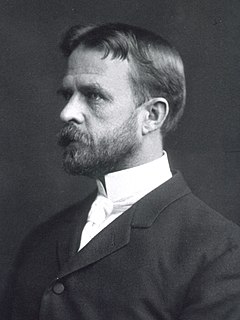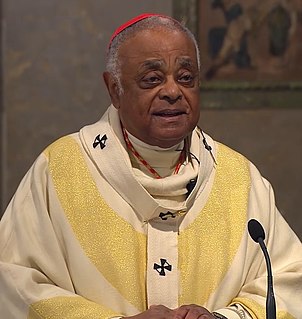A Quote by Malcolm-Jamal Warner
It's hard not to look at the road of the media and how the media is a big part of painting a picture for public opinion.
Related Quotes
We have a problem with several media taking only a part of the reality and not the whole picture. Some media in the world are more critical towards what's happening than others. It depends on the journalist, it depends how much information they have about the case and which perspective they are asking you from. All of these things can play a role.
I have learned one thing, because I get treated very unfairly, that's what I call it, the fake media. And the fake media is not all of the media. You know some tried to say that the fake media was all the media, no. Sometimes they're fake, but the fake media is only some of the media. It bears no relationship to the truth.
The major media companies are playing a defensive game, and I'm not sure I blame them. If you look at the digital revolution, you look at who the winners and the losers are, there are some very very big losers - music, the newspaper industry. And there are some really big winners, social media, Facebook.
People tend to assess the relative importance of issues by the ease with which they are retrieved from memory—and this is largely determined by the extent of coverage in the media. Frequently mentioned topics populate the mind even as others slip away from awareness. In turn, what the media choose to report corresponds to their view of what is currently on the public’s mind. It is no accident that authoritarian regimes exert substantial pressure on independent media. Because public interest is most easily aroused by dramatic events and by celebrities, media feeding frenzies are common
Is there some reason why the quality of people going into the parliament is not as high? I don't know the complete answer, but I think - in fact, I'm sure - that part of it is the increasing intrusiveness of the media - the general media and social media - into the private lives of politicians and their families.



































